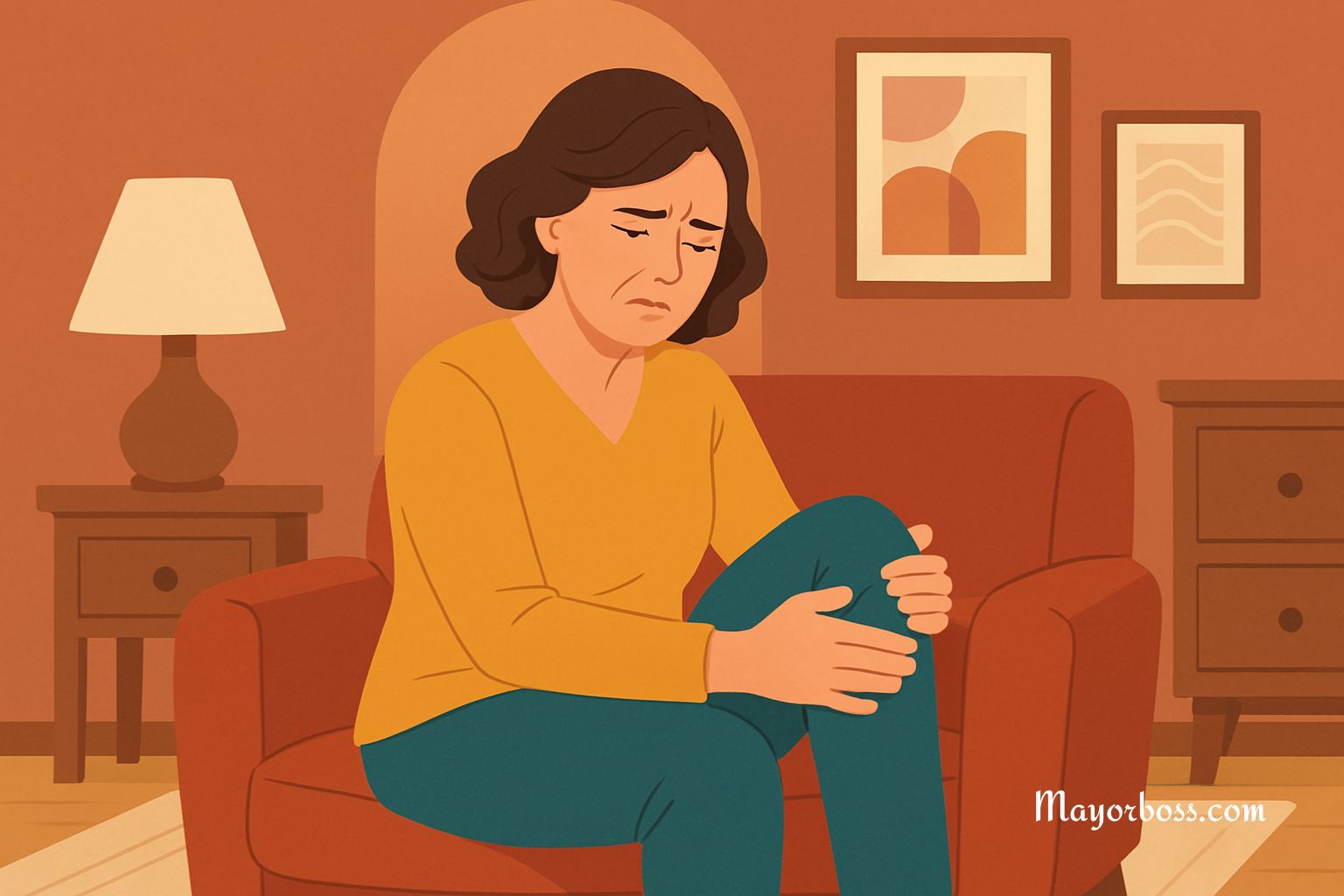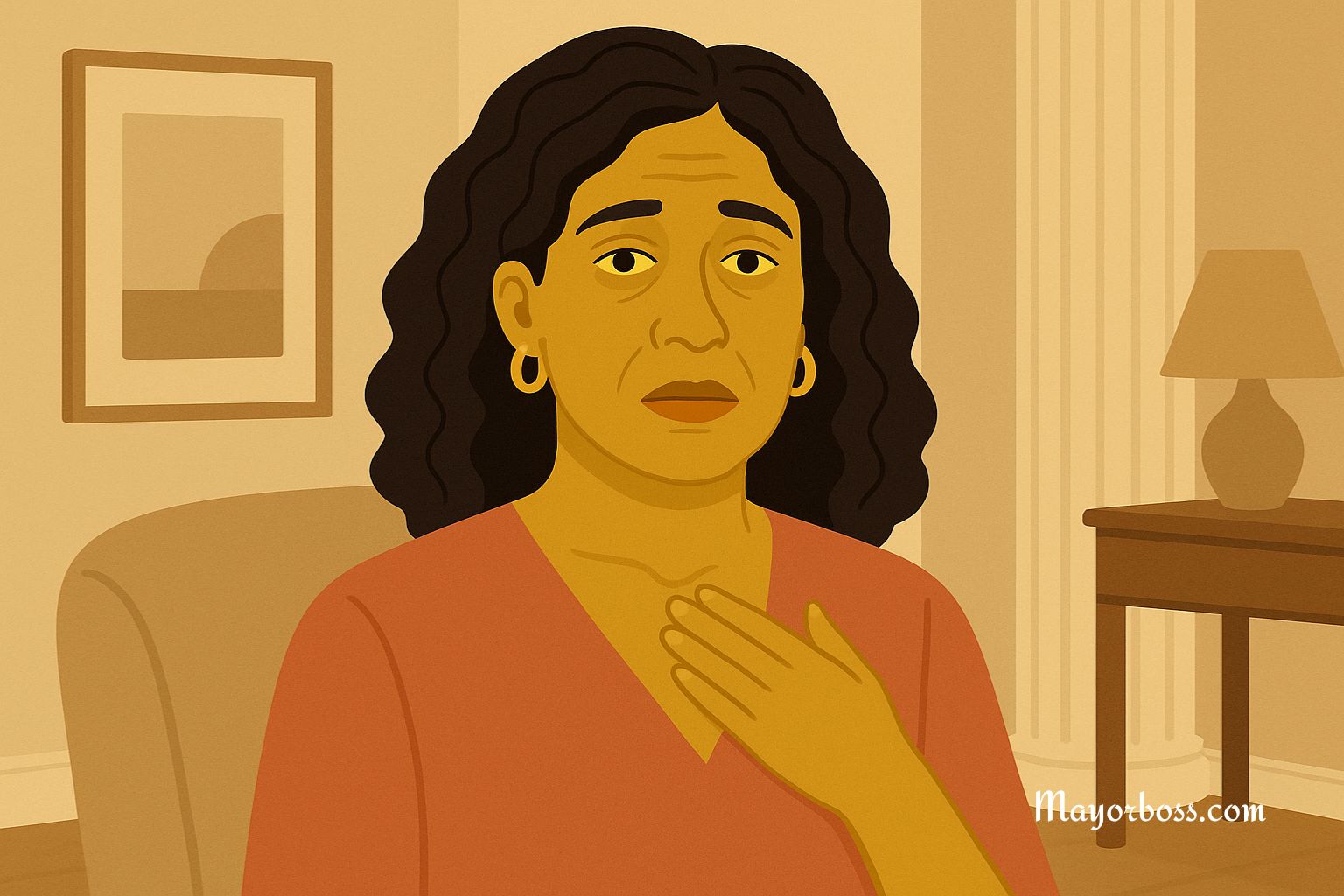The Symptoms of Vaginal Cancer That You Shouldn’t Ignore
Vaginal cancer usually develops when abnormal cells grow without control in the lining of the vagina. These cells can spread deeper into surrounding tissues and, in some cases, to other parts of the body. The key risk factors for this type of cancer often include certain human papillomavirus (HPV) infections, a history of cervical cancer, and smoking. Age can also play a role, as most women diagnosed with vaginal cancer are over 50, but younger individuals can also be affected.
Here are symptoms of vaginal cancer you should never ignore:

Abnormal Vaginal Bleeding or Discharge
One of the most common signs of vaginal cancer is unusual bleeding. This may include bleeding between menstrual periods or bleeding after menopause. Some people might also notice bleeding after sexual intercourse. Abnormal discharge, such as watery or foul-smelling fluid, can also be a sign of possible changes within the vagina. Any unexpected vaginal bleeding or discharge is worth discussing with a medical professional.
Pain or Discomfort
Many women ignore slight pain in the pelvic region, thinking it might be tied to their monthly cycle or everyday stress. However, persistent pelvic pain or discomfort that does not go away may indicate an underlying issue. In cases of vaginal cancer, the pain might feel like ongoing pressure or a dull ache. Some individuals might also feel pain during sexual intercourse or when using the restroom. Though these symptoms can be related to other conditions, they should not be overlooked.
Lumps, Sores, or Growths
A noticeable lump or sore in or around the vaginal area should not be dismissed. Vaginal cancer can sometimes present as a mass that can be felt during a routine self-exam or by a healthcare provider during a pelvic exam. Lesions might appear like bumps, ulcers, or patches of abnormal tissue. While not all lumps or sores are cancerous, it is best to have them checked.
Unexplained Weight Loss and Fatigue
Cancer in any part of the body can sometimes lead to unexplained weight loss. This happens because the body uses more energy than usual to fight off illness. Ongoing fatigue is another concern. If you find yourself extremely tired despite adequate rest, it can be a sign that your body is under stress from an internal health issue. Although weight loss and fatigue can be related to various causes, they become more concerning when paired with other symptoms.
Risk Factors to Keep in Mind
While anyone with a vagina can develop vaginal cancer, certain factors may raise the odds. Chronic HPV infection is one of the major risk factors. Smoking is also known to affect the cells in the vagina and can trigger cancerous changes. If you have had cervical cancer or precancerous changes in the cervix, you may be at a higher risk, too. Moreover, exposure to diethylstilbestrol (DES), a synthetic estrogen once given to some pregnant women between the 1940s and 1970s, can also increase the risk in their daughters.
Diagnosis
If you notice any unusual bleeding, pain, or lumps, see your healthcare provider for an evaluation. Diagnosis typically begins with a pelvic exam. The doctor may use a speculum to look inside the vagina for visible changes or growths. A Pap test might be done, but it mainly checks cells from the cervix rather than the vagina. If any suspicious areas are found, the doctor may take a small sample of tissue (biopsy) for laboratory testing. Imaging tests like a CT scan or MRI could follow to determine if cancer has spread.
Treatment
Treatment depends on how far the cancer has spread and where it is located. Surgery can remove small tumors, especially if doctors catch the cancer early. Radiation therapy uses powerful beams to kill cancer cells or stop their growth. Chemotherapy is sometimes used along with radiation to boost its effectiveness. There are also treatments called targeted therapies that focus on specific changes in cancer cells. These options can work well if the cancer is found before it spreads to many other areas.
When to Seek Medical Attention
Early detection is key for treating vaginal cancer. If you have abnormal bleeding, pain that does not go away, or unusual discharge, do not ignore it. The longer you wait, the harder it may be to treat. Talk to a doctor if you see any unusual symptoms.






